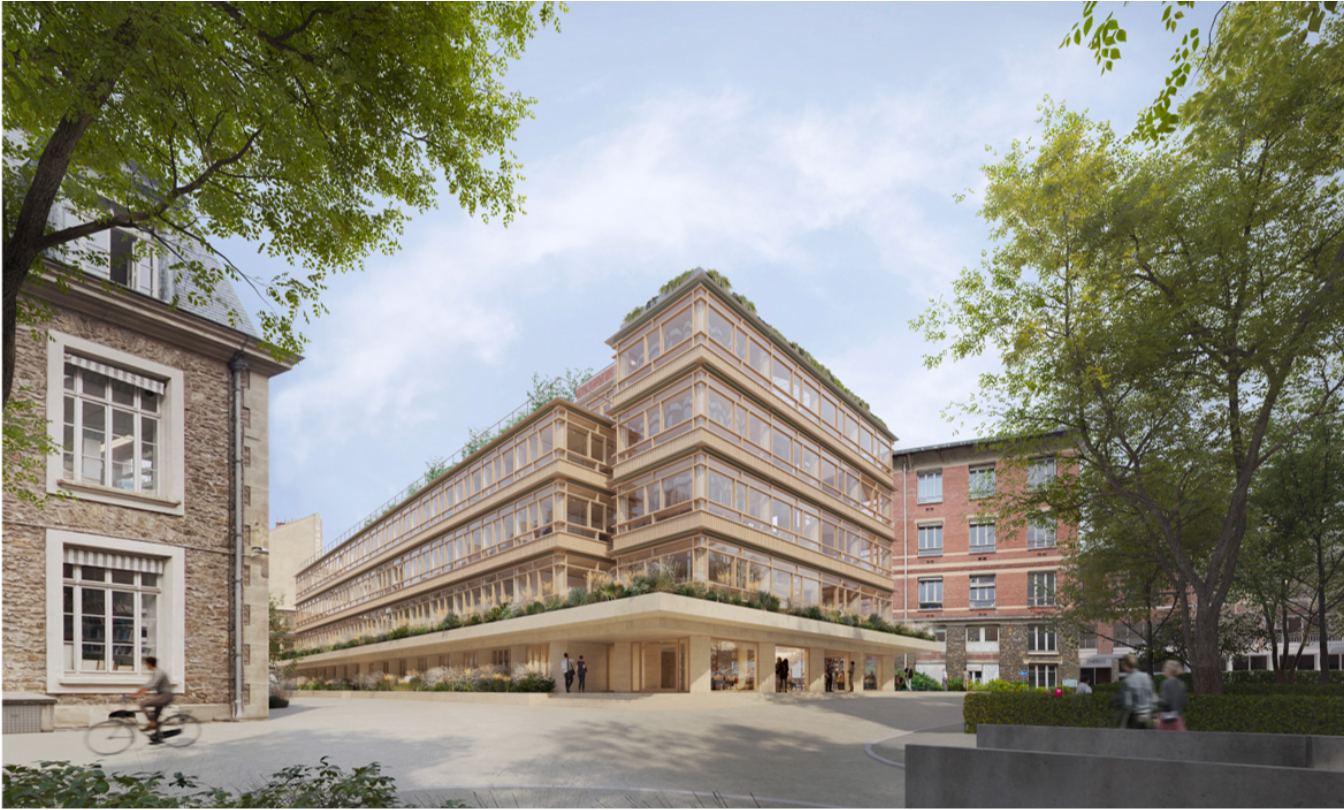
 building work
building work
Building work on the Vector-Borne Diseases Center (CMTV) to start on April 2
The aim of the future Vector-Borne Diseases Center (CMTV), on which construction work will begin on campus on April 2, is to research all the dimensions of vector-borne diseases by analyzing the full cycle of human infection with pathogens, exploring aspects ranging from genetics and immunity to environmental factors.
A vector-borne disease is one in which a pathogen is transmitted to a host (human or animal) following a bite or sting from a vector. Vectors may include mosquitoes, flies, ticks, fleas, etc. Vector-borne diseases account for approximately 17% of all infectious diseases worldwide and WHO estimates that 80% of the global population is at risk of one or more vector-borne diseases. This situation is very likely to get worse, especially because of climate change, which is leading to a proliferation of mosquitoes, and also as a result of international travel, with people criss-crossing the globe and potentially transporting infectious agents without realizing it.
With the new CMTV research infrastructure, which is set to be completed by mid-2028 and will house more than 180 scientists, the Institut Pasteur is aiming for a virtuous cycle between fundamental and medical research by offering access to state-of-the-art technological and imaging tools and laboratories with cutting-edge technologies that will enable scientists to safely monitor pathogens inside vectors or their hosts, in close collaboration with the member institutes in the Pasteur Network.
The associated real estate project is a major one, involving the complete overhaul of the Darré, Borrel and Viala buildings.
The new building, will also offer a new view of the Institut Pasteur from rue Falguière, where a new entrance is set to be created.

See the presentations shown about the CMTV at the general meeting
If you have any questions about the future center: cmtv@pasteur.fr
